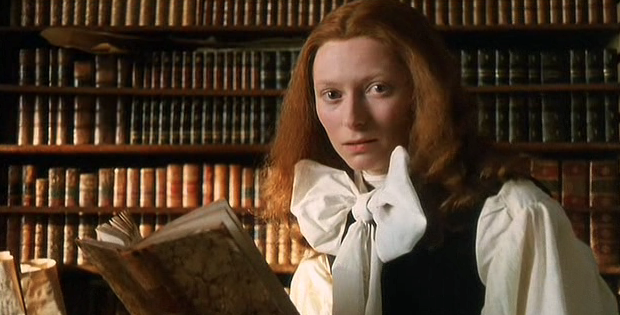
Cecile Emeke could be nothing other than a creator. The British-Jamaican poet and multimedia artist has been working with film for little more than two years, but she has expertly constructed whole worlds of possibility within her small but stirring body of moving image work. Self-taught on a friend’s equipment in early 2014 after finally dropping out of university where she studied mathematics, she jumped at the opportunity to combine the thorough deconstruction of ideas that poetry afforded her with the communicability of images in film.
Since beginning her foray into filmmaking, Emeke has released a series of projects that create a spirited patchwork of African diasporic voices and humanities across Europe. These works are continually informed by, and respond to, the racial, feminist, and capitalist politics that imbue her world. The work put forth by Emeke has, above all, revealed the artist to be an ardent teller of truth in all its versions.
Her first effort, Strolling, which debuted in April 2014, was an ongoing short documentary series. Each installment takes the viewer on a walk with black youth in Britain (and later France, the Netherlands, Italy and most recently the United States) in conversational monologue. Topics like cultural appropriation, respectability politics, and sexual expression bubble up to the surface in a frank unraveling of each subject’s inner script. Emeke’s next project, Fake Deep, saw the director create a blazing multi-actor performance of her own poetry, confronting intra-communal misogynoir through a precise and intimate parsing of intersecting oppressions. Emeke has since revisited non-fiction in her film work with Lines, a new series that shows women of colour discussing the music and lyrics that have been impactful to them in their young lives.
Emeke’s most high-profile work to date is the short film Ackee & Saltfish (2014), which follows comical banter between two best friends in East London on their search for the traditional Caribbean dish for which the film is named. The young women’s playful and relatable camaraderie is a vehicle for exploring the competing defeatist and oppositional attitudes to systemic oppression and gentrification. Both positions are validated by mere virtue of their being felt; it’s this representational and affirming humanistic slant that characterizes Emeke’s work. Ackee & Saltfish was extended into a six-episode web series, the content of which is decidedly lighter than its film counterpart, but which takes advantage of the freedoms afforded by digital space to showcase quirky and offbeat narratives for, and dialogues between, black women in the vein of Issa Rae’s The Misadventures of Awkward Black Girl.
In her films, Emeke keenly observes and strives to put order into the world that she and others like her inhabit. Her directorial gaze is spacious and patiently inquisitive, allowing each of her subjects to speak for themselves. Emeke is modest in evaluating the evocative quality of her films; in an interview with Dazed Digital, Emeke says her work, though political, is “art for art’s sake.” While she avoids calling it activism, it is undeniably activating in its illumination of modes of black consciousness often hidden from mainstream media.
Emeke’s work has found a home on the film festival circuit, with screenings in New York, London, and Trinidad and Tobago. There are plans in the works to take the Strolling series even further from its London base, and Emeke hopes to bring Ackee & Saltfish from the web to television. Emeke’s precision, candour, and authenticity in presenting cultural commentary naturally extends from her poetry into her filmmaking, and her commitment to honest storytelling will remain intact, no matter where her work may migrate.





